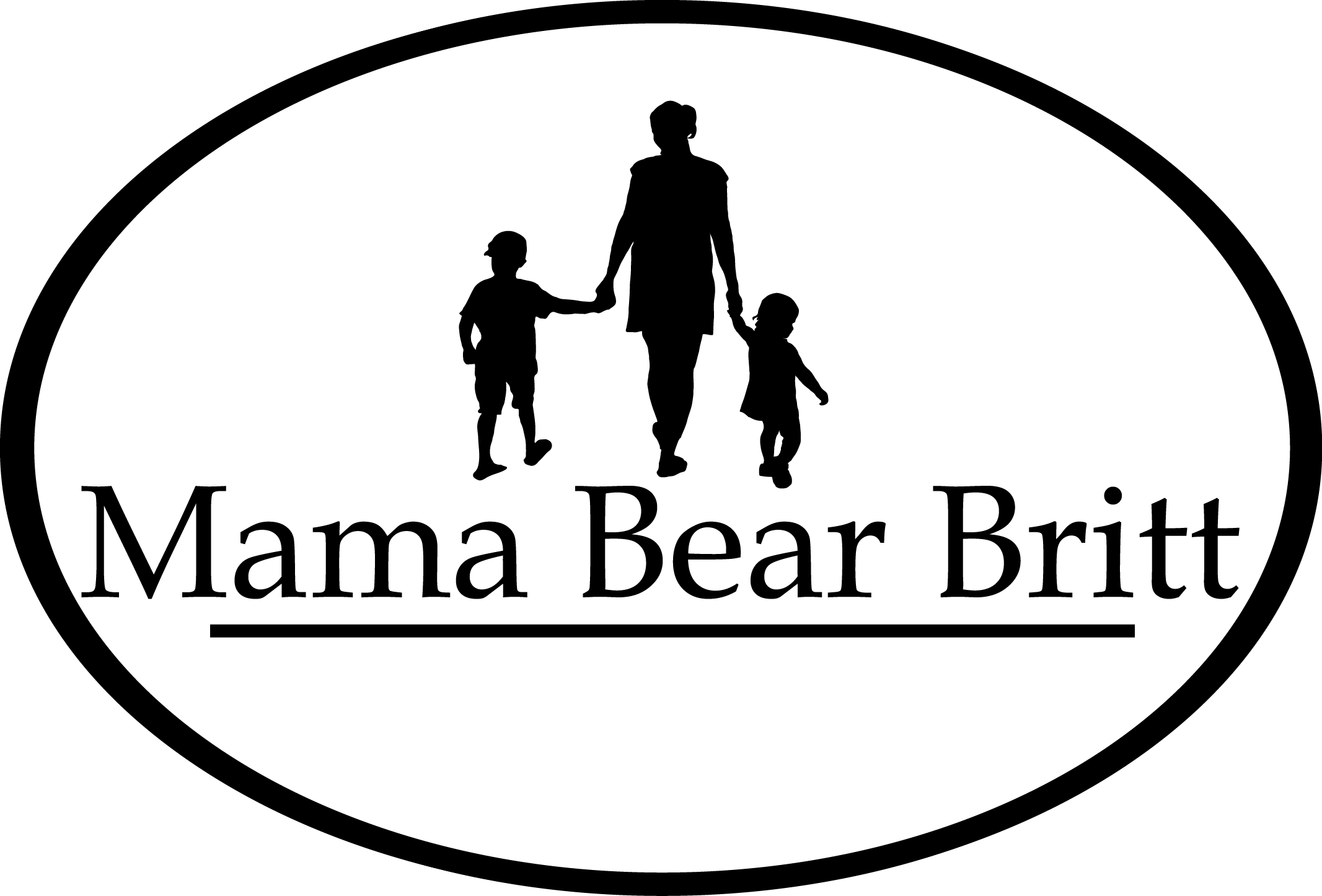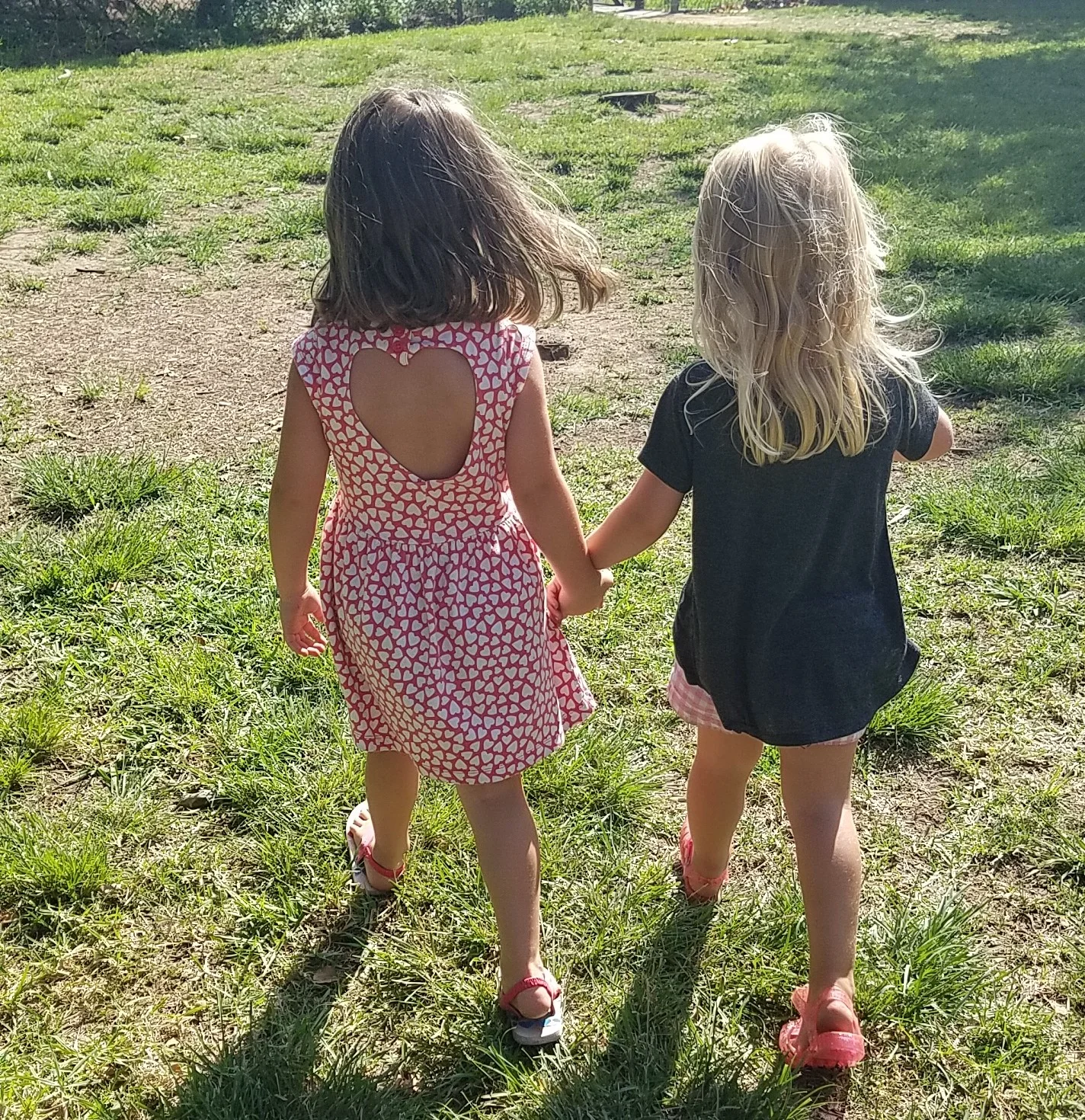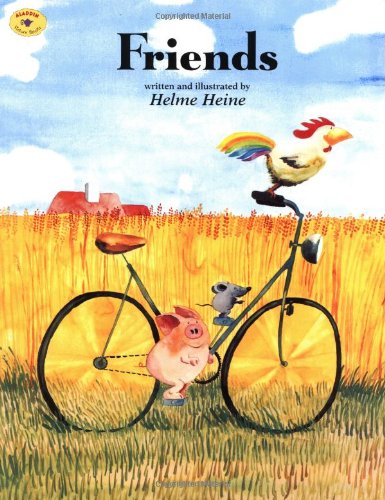Making Friends: Tips to Help Young Children Learn How to Make Friends
Teaching Your Young Child How to Make Friends
Considering national Friend day and valentine’s day coming up, I thought it would be a great time to address the topic of making friends, more specifically how to help young children make friends. The thought of our little one entering school and not having any friends is a sad thought. All we want for our children is for them to be happy and have an awesome childhood. Although there are many variables out of our control, it is important to set our children up for success and we can do this by teaching them how to handle life’s curve balls; making friends is no exception. So, how do we teach our young children to make friends?
Making Friends and the Different stages of play:
There are 6 scientific stages of play starting from birth onwards. The older the child, the more interested in other people they become; however, social and cooperative play usually does not happen until 3-4 years of age. According to the World Academy of Chicago, the different stages of play are:
1. Unoccupied Play: 0-2 years This play is not engaged in other people and does not have the main objective.
2. Solitary Play: 2-3 years This play is when they occupy and entertain themselves, playing with different toys from others and not interested in what others are doing.
3. Onlooker play: 2.5-3.5 years This play is where the child will watch other people play and possibly engaged to ask what they are playing or how they are playing, but not join in.
4. Parallel Play: 2.5-3.5 years This is where the child will play next to others and play with the same toys, but not actively engaging with children next to them socially.
5. Associative Play: 3-4 years This play is like parallel play, however, there is socializing going on between the children around them. They are still not engaged in a united main goal, but there is social interaction and playing next to and with the same toys.
6. Cooperative Play: 4-6 years This is the actively engaged play where there are a united front and main goal of the play. In this type of play, specific roles are assigned, and the main goal of the play is addressed and worked towards.
How do we help our children at the various stages of play make friends?
When it comes to making friends, a certain level of cognitive, problem solving, organizational, and of course, social skills need to be present, however, young children as young as 12-month-old should be exposed and introduced to rules of playing and socializing. For example, when playing ball with your 12-month-old, if you are rolling it to him, you say “Jack’s turn” when it is time for him to have the ball and when you want him to roll the back, you say “mommy’s turn.” these simple linguistic phrases throughout play will help your child begin to understand the social dynamic of cooperative play and sharing. When you are playing at the park with your toddler and they see sand toys they want to play with, we help with giving them the words of asking to use them. For example, “I see you want to use the bucket, we need to ask if he will share.” You say “share, please?” Help your child say the words if they do not yet speak, have them use sign language. When the child lets them use the sand toys, make sure they say “thank you.” The point is, make sure you are teaching and involving them in every social step. By you asking for them, getting the toy for them, and saying thank you for them is not teaching them or exposing them to learning crucial social skills. When your child is playing, and another child tries to take a toy out of their hand, give them the tools they need to solve the problem with words, instead of screaming. For example, “this is busy, I’m using it” or if they are younger with fewer words “busy, busy” or “I use, I use” Simple phrases to help your little one communicates and resolve the issue. Once your child is calm, this is a good example to teach them about sharing and friends. You can say “you are using this car, let her use the ball here. Let’s share” Sometimes it’s better to say what to do rather than ask them. Often children revert to “no” as a first response. If we instead phrase what to do, then they will more likely comply.
5 Tips to help your preschooler make friends:
1. Early on, help your child navigate social scenarios that come along. Help them, but do not do it for them. It is important your child learns how to get their point across during simple social exchanges without you doing it for them.
2. Help them engage with others at the park: let’s share our sand toys so we can make a big sand castle together! When you drop them off at school or take them to the park, help them initially start something before leaving or walking away. For example, you walk into the classroom and you see someone playing with blocks, encourage them to ask that child if they can play blocks with them.
3. Role play: When playing with your child at home, role play social situations they are likely to encounter to give them practice. For example, while playing with people figures have yours say something like “I really want to play with someone right now…what should I do? Hmmm, oh that’s right! I should ask them!” Simple roll play gives your child practice in a non-stressful way.
4. Ask questions: On the way to the park or to school, remind your child of how to approach peers. Think of something you want to play or do, for example, If I want to swing, I would go up to Sally and say “Sally, do you want to swing with me?” When you are sitting next to someone at lunch, ask them questions like “What are you eating?” “What is your favorite toy or color.”
5. Initiate play dates outside of schools and in various environments; park, your house, their house, play gyms, zoo etc. having social encounters outside of school helps your child develop close bonds and helps to build confidence in socializing and engaging others outside of the family. Mixing up the environment will help create changes in the social dynamic and changes in vocabulary.
When it comes to socializing, the best thing you can do for your child is to start young, help them, but empower them to do it themselves. By you doing, saying, and asking for them only prevents them from gaining the practice and confidence to be able to handle social situations. Creating social scenes with role play will give them the practice using words required to make social engagements. Observe your child play, see how they currently handle social exchanges and use this information in the role play. Make it relatable to what has occurred. These familiar situations will help make sense of how to approach it next time.
Looking for more helping articles to help your little one? Check out Teaching Gratitude To Young Children and Separation Anxiety: Tips for a Tear-Free Goodbye.
Want more parenting tips or preschool/toddler activities? Subscribe for related articles. Follow Mama Bear Britt on Instagram, Facebook, and Pinterest!
For some Great Video resources to help your little one on making friends, check out the you tube channel Britt & Allie’s Puppet Show
https://www.youtube.com/channel/UC3XHbNsbF9h5il4FhbM-fbg?view_as=subscriber
The Learning Patch:
https://www.youtube.com/channel/UCDk4zGjKcH_7bSCRXt25m7w












